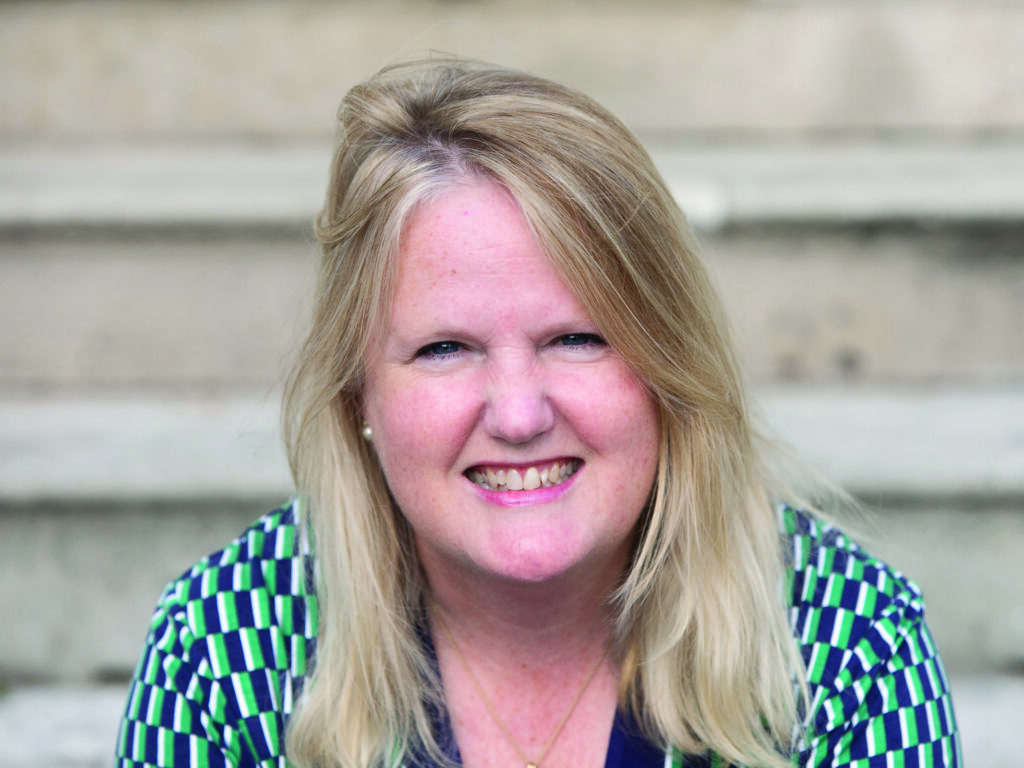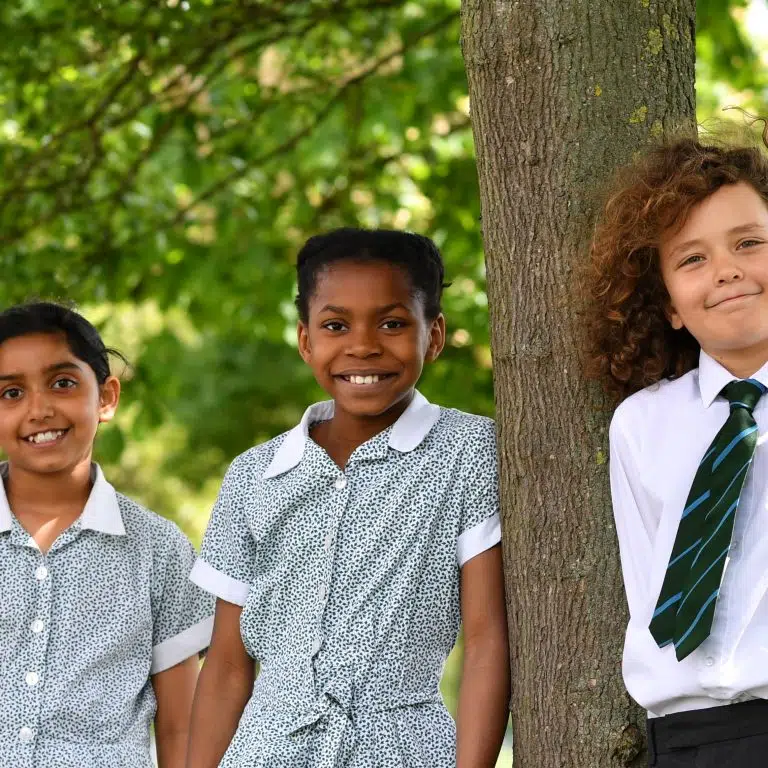Creating a Foundation for Lifelong Learning
Posted: 11th August 2023

The narrative around education is too often subjected to headline grabbing staunch positions, where seemingly opposing views are presented.
Whether one is discussing how to teach young children to read, or the suitability of the current public examination system, there is a temptation to present an ‘all or nothing’ approach in a bid to share one’s views with clarity. This inevitably does education a disservice, and no more so than in current debates relating to the skills versus knowledge conundrum, and to the notion of ‘preparing pupils for jobs which do not yet exist’. At times, the cost of these debates is that the very purpose of education is being forced into the shadows.
‘This type of teaching touches our hearts and souls’
Education is not fundamentally about teachers, it is not about educational research, it is not solely the domain of schools, it is not about some fixed notion of ‘best practice’. It is both very simple, and mysteriously complex. It is about helping each child to grow intellectually, socially, spiritually and culturally, to be the very best version of themselves. Education supports children in every sense, so that they can contribute purposefully to society as an adult. A true education is transformative for a child, helping to give them an understanding of the world, and the language to articulate their understanding. And it does not stop at 16 or 18 or 21 – the idea of ‘lifelong learning’ is integral to that of education. It therefore needs to be established and promoted during a child’s formal years of education.
It would be glib to suggest that creating a mindset for lifelong learning can be achieved in a series of assemblies, or PSHE lessons. Where attributes such as ‘collaboration’ become the overriding objective in lessons. Another ‘bolt on’ where the importance of resilience in the classroom and continuing study are sported as worthwhile aims to our teenagers. Instead, lifelong learning starts in infancy. The curious mind of a three-year-old comes from within, it is not planted there by adults. Their desire to learn language and communication skills, to explore the environments they find themselves in, and to question and make sense of the world in which they are in, are intrinsic to all human beings. Lifelong learning is surely an extension of this, and comes from a position where people both see and appreciate the value of learning in its own right. People who enjoy the mental gymnastics of puzzling over new concepts, or who gain pleasure and satisfaction from creating new connections and understandings.
If that is the case, what can we as teachers and parents do to help our children become lifelong learners? I believe the answer lies in the culture of a school. A school develops a mindset for lifelong learning in children if it:
- Recruits teachers who are passionate and knowledgeable role models.
- Allows those teachers the time to develop genuine relationships with their pupils.
- Has a curriculum which is broad and rigorous, which is knowledge rich, and which allows children to develop an understanding and context of the world in which they live. A curriculum that devotes time to the humanities and arts.
Ask a child what they recall most from their prep school years, and it is more often than not a teacher who inspired them, a teacher who championed them, a teacher who ignited a passion within them. These are the teachers we want in our schools. Teachers who have the confidence and scope to teach the actual children in front of them, rather than some compromised ‘best practice’, ‘one size fits all’ approach.
Whilst not disputing the importance of maths and English learning for our children, or the need for science and computing in this digital age, the increased timetable provision for these subjects in the last fifteen years has inevitably been to the detriment of other subjects. If we really want our children to love learning, to grow in their understanding of the world in which they live, and to place current political and economic events in context, we need to teach them history, we need to teach them geography, and we need to teach them religious studies. We don’t live in an isolated bubble, either of geography or time. We are passing through this world. Our presence is a tiny but important notch on the timeline of a world that spans years before us, and time still yet to be counted. If we want our children to be lifelong learners they need to appreciate this, and in turn value the need for context and connection.
The role of rigorous humanities teaching is fundamental to developing both transferable skills and important context. Context to our music, to our literature, to architecture, art and drama. Context to various political and economic situations around the world. This type of teaching touches at our hearts and souls. This type of teaching enhances and develops relationships. This type of teaching encourages our children to debate, to think, to be critical and discerning, to grapple with complex ideas, to be empathetic, and fundamentally, to be eager for more. Let us hold on to those curious three-year-olds who will not be diverted from their playing or learning. For to learn is both a privilege and a joy.
(First published in the Column 2022)


